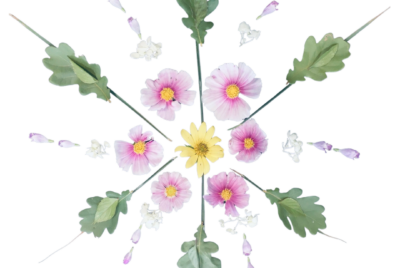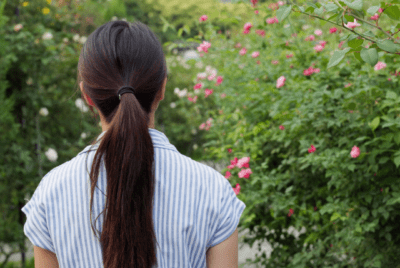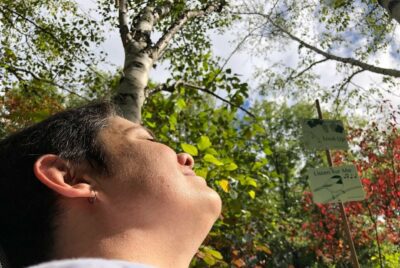RESEARCH
Impacts of Therapeutic Horticulture on Happiness and Loneliness in Institutionalized Clients with Mental Health Conditions
Summary
This study investigated the impact of therapeutic horticulture (TH) on happiness and loneliness in institutionalized clients with mental health conditions. Clients attending TH with other occupational therapies (OTs) were compared to clients only attending OTs other than TH. The study employed a descriptive, observational, and cross-sectional design, using the Subjective Happiness Scale (SHS) and the Social and Emotional Loneliness Scale for Adults (SELSA-S) to measure outcomes, alongside sociodemographic and clinical data gathered via questionnaires. Clients in the TH group participated in activities twice a week for 2 hours over 53 weeks, engaging in tasks such as plant identification, composting, soil preparation, sowing, planting, weeding, and harvesting.
The results indicated that SHS and SELSA-S scores were generally similar for both groups, though 40% of clients in the TH group reported feeling relaxed. Clients in the TH group who attended activities more frequently experienced decreased loneliness and increased happiness. While the study suggested TH may effectively reduce depression and anxiety, the long-term institutionalization and medication requirements of the clients may have limited other effects. The researchers concluded that TH interventions merit further study to maximize their effectiveness.







